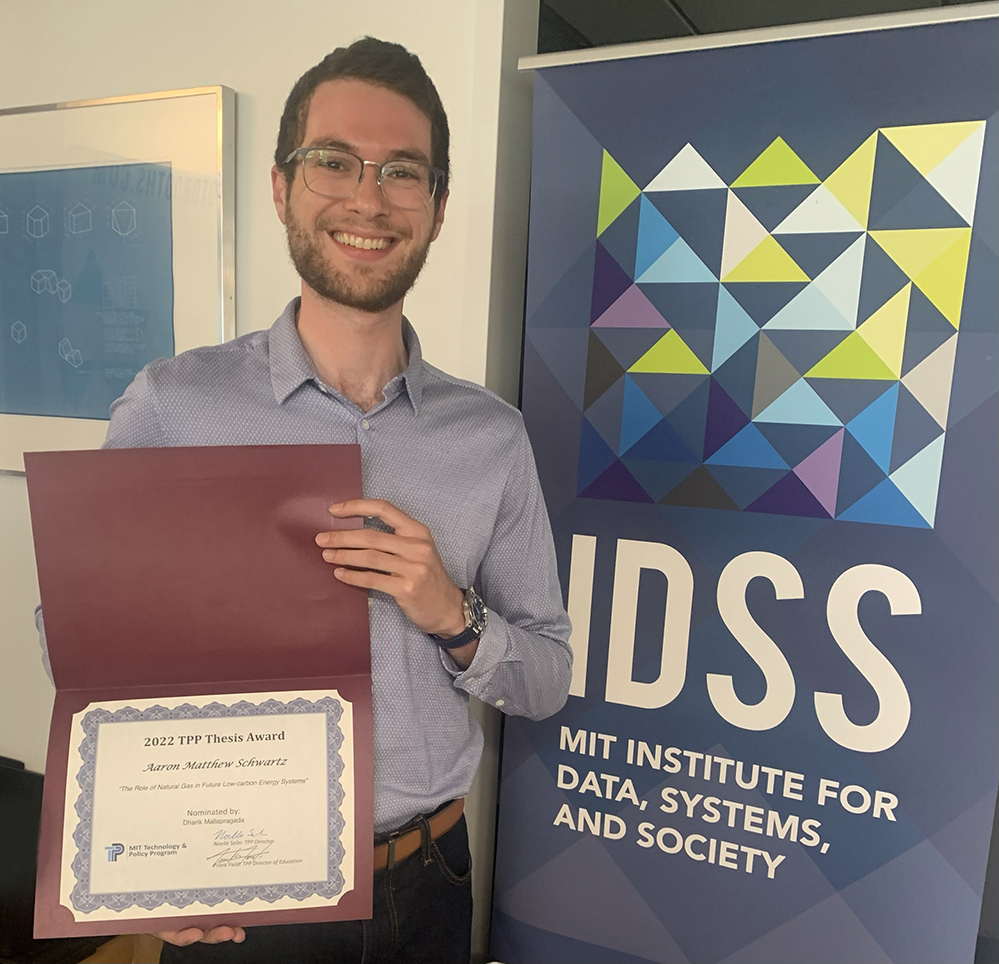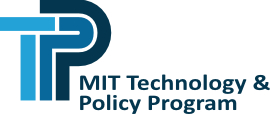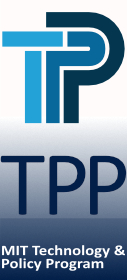
Championing a clean grid
Aaron Schwartz works at the intersection of energy, economics, and policy. He is now a Senior Associate within RMI’s Carbon-Free Electricity program, where he works to accelerate the adoption of clean and cost-effective energy portfolios across the United States and internationally.
Why did you choose to come to TPP?
I’ve long been interested in the intersection of science, technology, and public policy. In fact, I took a course called “Science, Technology, and Public Policy” my very first semester as an undergraduate!
Before TPP, I was working in a purely quantitative role as a data analyst for a small company in the energy space. The work was interesting, but I was itching to work on bigger picture topics at the intersection of energy and the environment that incorporated economics and public policy. TPP seemed like a great opportunity to gain experience in these areas. I was especially drawn to its research assistantship-based funding model that would allow me to perform research with leading experts while allowing me to graduate debt-free.
What are you doing next? How did TPP help shape your future plans?
I am now working for a clean energy research and advocacy non-profit called RMI in their Carbon-Free Electricity program. RMI describes itself as a “think-and-do” tank, and my day-to-day responsibilities reflect that – I conduct original research and modeling, and work closely with government, non-profit, and corporate partners to make our research findings actionable. My research during TPP at the MIT Energy Initiative, where I modeled deep decarbonization pathways of the electric power sector to better understand the role for natural gas generation, was particularly instrumental in helping me gain the skills necessary for me to succeed in my new role. In fact, for my research at RMI, I’m currently using GenX, a power sector planning model I contributed to while at MIT and used in my master’s thesis! GenX optimizes investments in energy technologies like new power plants, batteries, and wind turbines to meet future demand for energy at the lowest possible cost.
I suspected that I’d find a career in the electric power space engaging and fulfilling when I entered graduate school, but TPP confirmed that suspicion. It exposed me to so many of the ways that technology, engineering, law, economics, and public policy all must intersect and interact for there to be a successful transition to a clean grid, and that’s exactly what makes working in this space so exciting for me.
What was your favorite thing about being a part of the TPP, MIT, or Boston/Cambridge communities?
My time in TPP was admittedly unconventional due to the pandemic, but it also afforded me an opportunity to experience the greater Boston area in a unique way. I went on countless walks around town as a way to safely socialize with friends, and learned to appreciate the parks and green spaces littered throughout Boston and Cambridge. I also took lots of bike rides in and around Boston, including to the Middlesex Fells Reservation, Walden Pond, Castle Island, and up and down the Charles River. My favorite destination, though, was the Mt. Auburn Cemetery, especially when its spectacular trees and flowers were in full bloom in the spring



